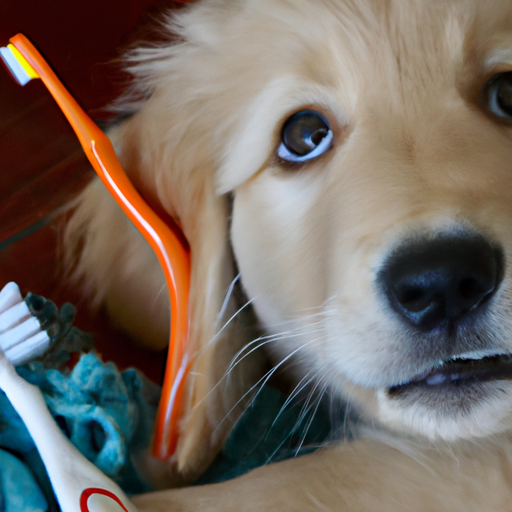As a caregiver for your beloved puppy, it’s essential to understand the different stages of their development. One such phase is the puppy teething stage. In this guide, we will delve into the symptoms of a puppy losing teeth, what to expect, and how to best support your pup through this process.
What is Puppy Teething?
Puppy teething is a natural process where puppies lose their baby teeth, which are then replaced by adult teeth. This usually occurs between 12 and 30 weeks of age. During this time, your puppy may exhibit certain behaviors and symptoms which we will explore in the following sections.
1. Increased Chewing
One of the most noticeable symptoms of a puppy losing teeth is an increased desire to chew. Your puppy may start gnawing on anything they can find, from their toys to your favorite pair of shoes.
| Reason for Increased Chewing | How to Support Your Puppy |
|---|---|
| Teething can cause discomfort and pain. | Provide plenty of chew toys to help soothe their gums. |
| Chewing helps the puppy loosen their baby teeth. | Encourage safe chewing habits by providing appropriate items. |
2. Loss of Appetite
Your puppy may lose their appetite or have difficulty eating during this period. This can be a result of the discomfort and pain associated with teething.
- Monitor their eating habits closely.
- If the lack of appetite persists, consult your vet.
3. Excessive Drooling
Excessive drooling is another common symptom of a puppy losing teeth. While it might be a little messy, it’s a completely normal part of the process.
4. Bleeding Gums
It’s normal for your puppy to have slightly bloody gums when they’re losing teeth. However, the bleeding should be minimal and not persist for a long period of time.
5. Finding Teeth
You may find your puppy’s baby teeth around your home. It’s a clear sign that your puppy is in the teething phase.
6. Changes in Behavior
Your normally lively puppy may seem a bit more lethargic during the teething phase. They might also be more irritable due to the discomfort.
How to Support Your Puppy During Teething
- Provide Chewing Toys: Durable chewing toys can provide relief to your puppy’s sore gums.
- Use Frozen Treats: Frozen carrot sticks or ice cubes can help numb the discomfort.
- Regular Vet Check-ups: Regular check-ups can ensure the teething process is progressing healthily.
FAQ Section
Q1: When do puppies start and stop teething?
Puppies usually start teething at around 12 weeks of age and finish by about 30 weeks of age.
Q2: How long does the teething process last?
The entire process usually lasts for about 18 weeks, but this can vary from puppy to puppy.
Q3: Is it normal for puppies to lose their appetite while teething?
Yes, it’s normal. However, if your puppy is refusing to eat anything at all, it’s best to consult with your vet.
Q4: Should I be worried if I see blood on my puppy’s toys?
A small amount of blood is normal. If the bleeding is excessive or persistent, it’s best to seek veterinary advice.
Q5: Can I still brush my puppy’s teeth during this period?
Yes, but be gentle. Use a soft-bristled toothbrush or a finger brush.
Q6: Is there anything I can give my puppy for teething pain?
There are many safe and effective teething toys and treats available. However, it’s always best to consult with your vet before introducing anything new.
As a caregiver, your role is vital in supporting your puppy through their teething phase. Remember, patience and understanding are key during this time. With your help, your puppy will get through this stage with ease and grow into their adult teeth healthily.



